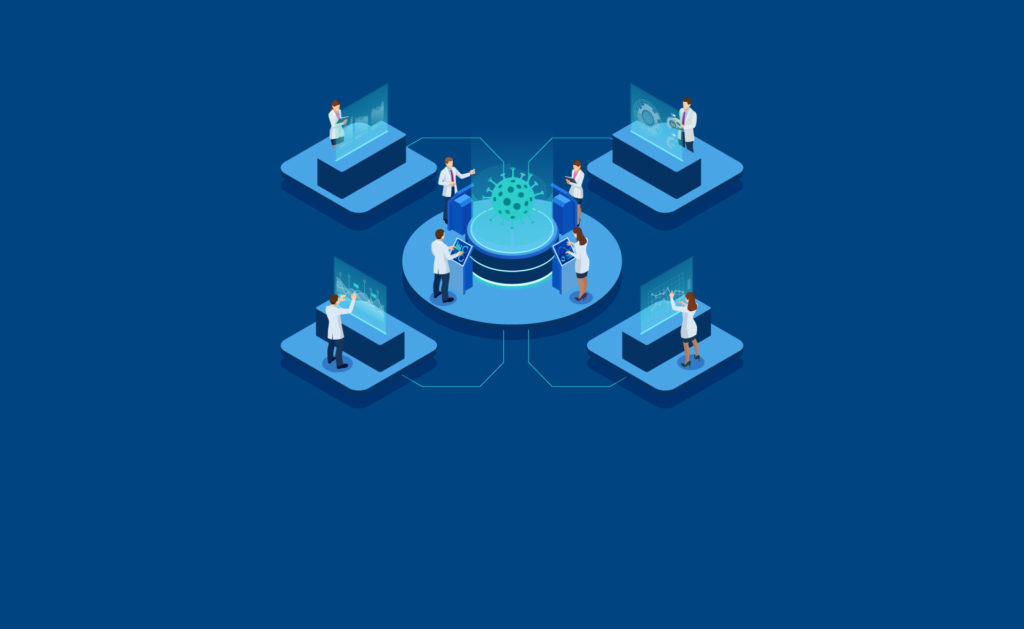
Artificial Intelligence (AI) will have a key role to play in ensuring the health and safety of employees as they begin to return to work, following the easing of lockdown measures, experts said at the 2020 Remote Workforce Summit.
Speaking in a session on the second day of the event, experts highlighted the many ways in which the technology can be used by organisations to ensure the safety of their employees that are returning to work, and also those that will continue to work remotely.
Rajarshi Purkayastha, head of Pre Sales at Tata Communications, India, noted that working from home can be very stressful for certain employees, especially those with health conditions.
“As a manager, you have to pay attention to issues such as these,” he said. “This is where AI can prove to be very useful. You can use the technology to monitor the health of your employees that are working remotely. You can keep an eye on their blood pressure and their body temperatures and have the AI tell you when it goes above or below normal levels. The AI can also inform you if they did not get a proper night’s sleep.”
He also listed several ways in which AI can be used to ensure the wellbeing of employees returning to work. For instance, an AI can inform you if two employees are standing too close to each other. It can also set reminders to ensure that employees eat their meals on time. It can also monitor various public spaces in the company such as the cafeteria and then direct employees on where and when is the safest time for them to go and have their lunch. However, he cautioned organisations to ensure that they deploy the technology correctly, unless they want it to backfire.
Badre Maktari, director of Business Technology, RSA Global, also highlighted how an AI that has been adopted by a business can help with emergency situations such as evacuations.
“An AI will be able to tell you where all your employees are, and the safest way for them to evacuate a building,” he said.
While the technology is evolving in a very interesting way, he also revealed that there were still several concerns about the data being collected and how it is being used.
“End users are concerned about what is being done with their data, and there are always concerns about their privacy. Several corporations have taken note of this and are working to deal with it. We have greater protective measures being introduced that go beyond firewalls and anti-virus programmes,” he said.
Jayakumar Mohanachandran, group chief information officer, Easa Saleh Al Gurg Group UAE, spoke about the increasing cases of automation across industries that have helped companies become more efficient.
“Lots of monotonous roles and tasks are getting automated, which bring about many advantages,” he said. “Employees are left with more time that they can devote to their interests, their health, and their life goals. We are already seeing humanoid robots being used in several industries with high success rates. What this also means is that companies will have to invest in reskilling their employees and create new roles that will focus more on the human element of the job.”